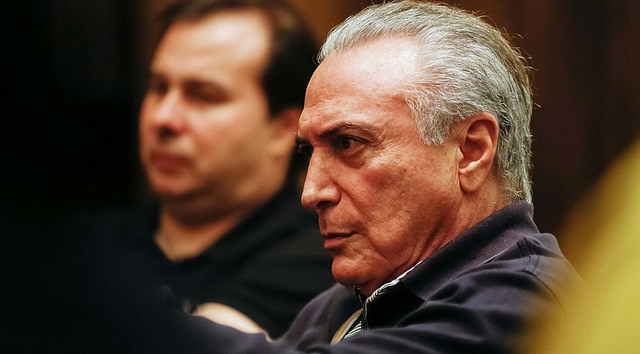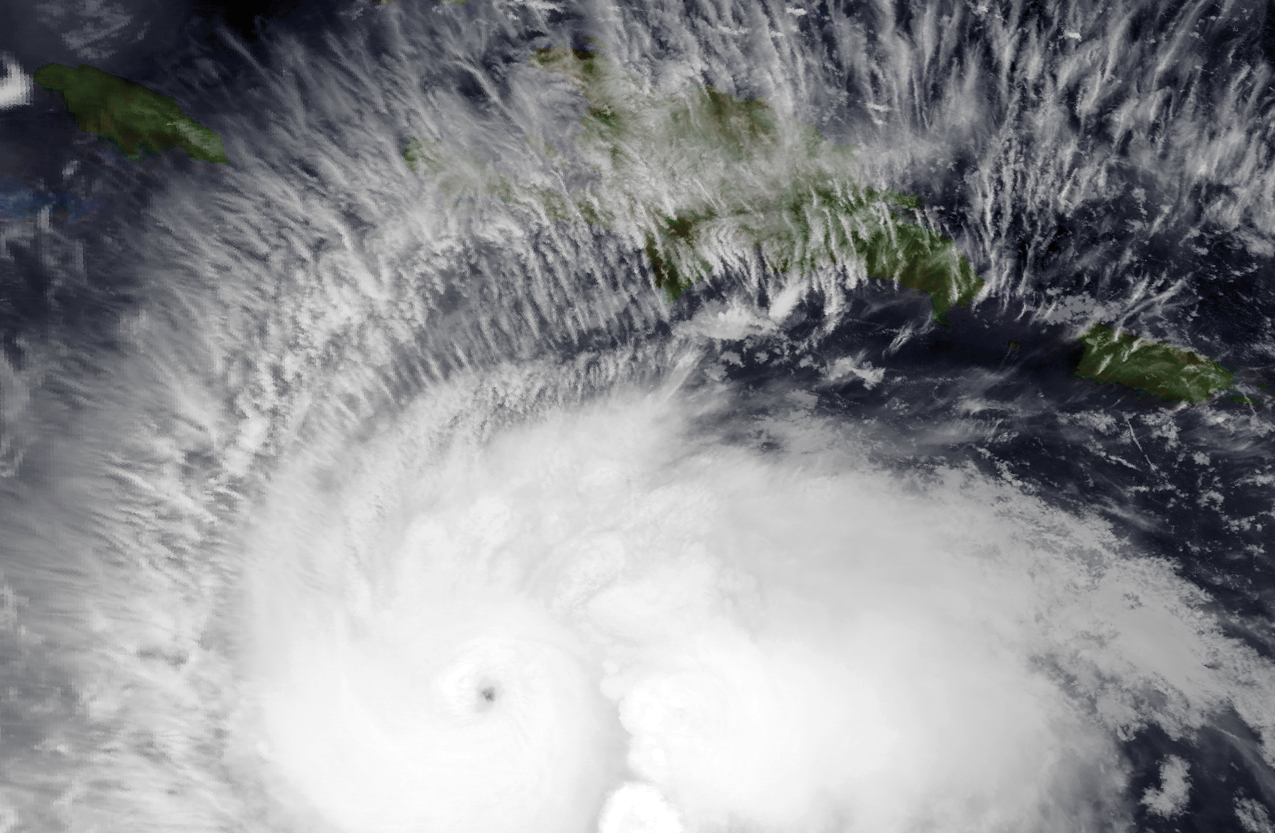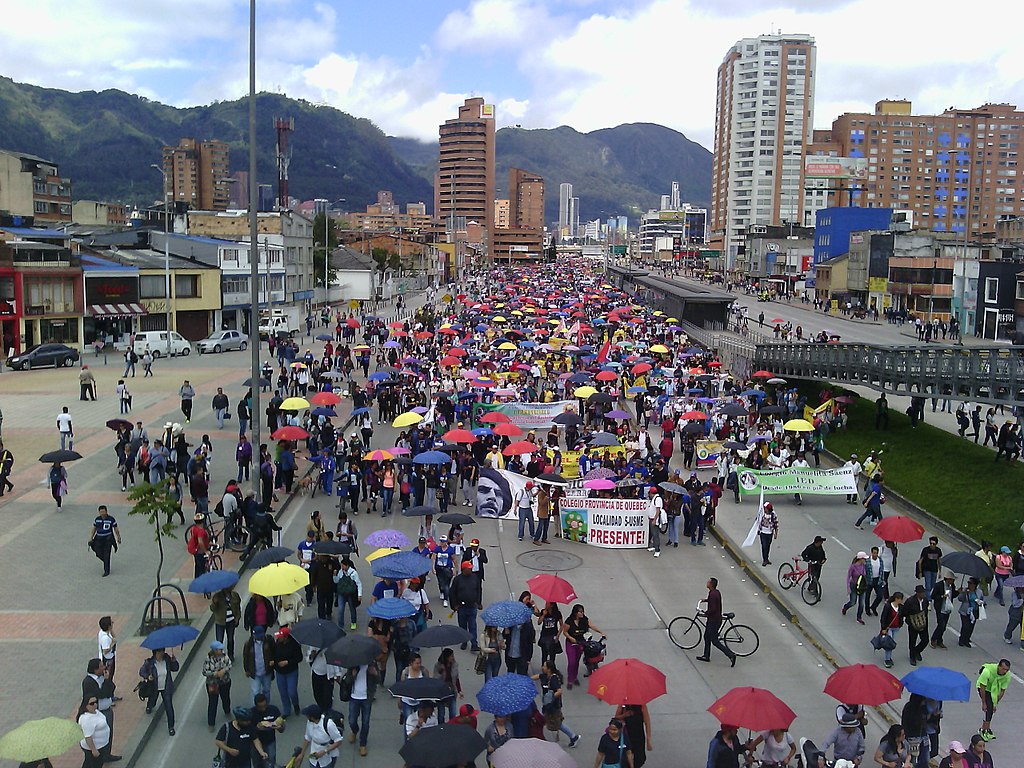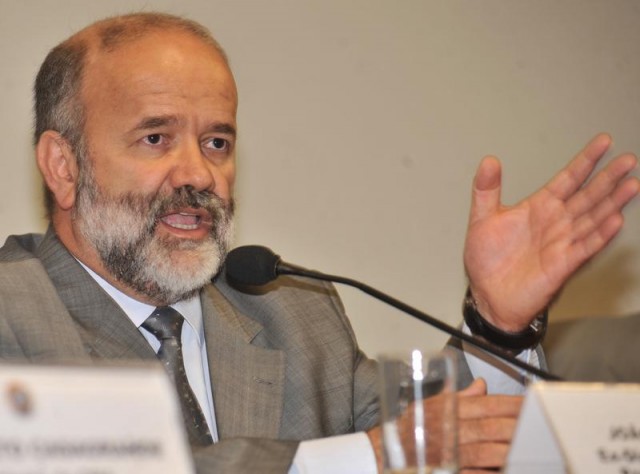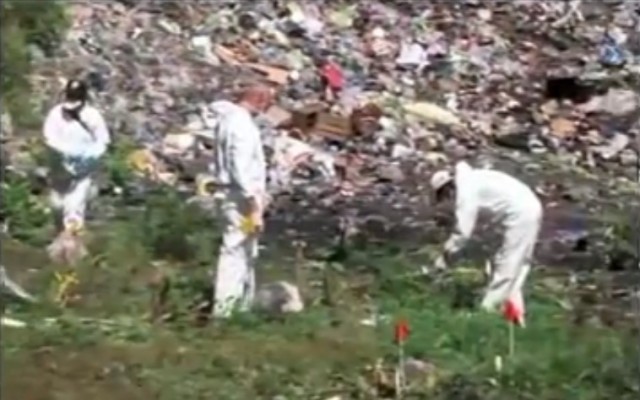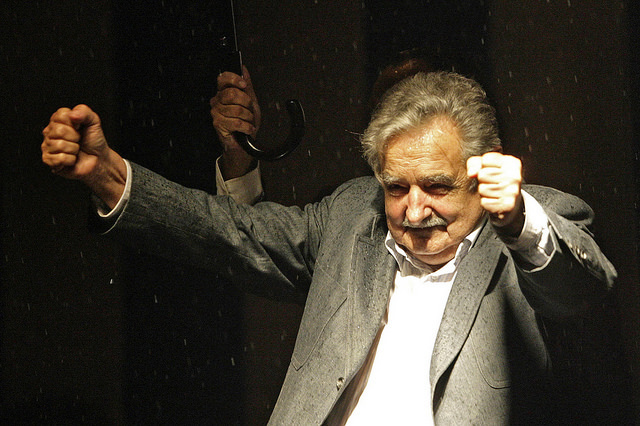
Latin America: Week in Review, Uruguay
Great Reads Round-Up: Feb. 2-8
February 9, 2015 By Staff
Crisis in Mexico: Who is Really Responsible for the Missing Forty-Three?
Francisco Goldman. The New Yorker. February 7, 2015.
More than four months have passed since 43 teacher-trainee students disappeared from the Mexican town of Iguala. In the interim, municipal and federal forces have been implicated in the alleged kidnapping and murder of the students. The mayor and first lady of Iguala have been arrested, as have more than 50 municipal officers. Meanwhile, protests around Mexico lay the blame for the Iguala student crisis on President Enrique Peña Nieto’s doorstep. In part five of his series on the missing 43 for The New Yorker, Francisco Goldman explores the question of who is to blame for the alleged massacre.
The Shame of America’s Family Detention Camps
Wil S. Hylton. The New York Times. February 4, 2015.
Despite President Barack Obama’s recent executive order extending protections to undocumented immigrants who have been in the United States for more than five years, the growing immigration crisis on the U.S.-Mexico border continues. Massive detention centers have been built near the border, and U.S. authorities continue to deport children and parents — most of them fleeing gang violence in Central America — in large numbers. In this New York Times Magazine piece, Wil S. Hylton takes a look at the situation, and at some of the volunteer lawyers working to stop the deportations, schedule asylum hearings and provide relief for the families caught up in the large U.S. immigration apparatus.
A Peace Deal with Colombia’s Marxist Guerrillas Won’t Fix Latin America’s Cocaine Problem
Steven Cohen. VICE. February 4, 2015.
The drug trade is a complex phenomenon in Colombia. The Colombian government, currently in peace talks with the rebel group FARC, is trying to push the rebels to stop dealing drugs. However, journalist Steven Cohen explains for VICE News how the FARC demobilization will not end Colombia’s cocaine problems. “The FARC has only ever played a marginal role in moving cocaine to foreign markets,” he writes. Check out why paramilitaries, organized cartels and the policies of the war on drugs will make it difficult to end the drug trade in Colombia anytime soon.
Jose Mujica Was Every Liberal’s Dream President. He Was Too Good to Be True
Eve Fairbanks. The New Republic. February 5, 2015.
Uruguay’s President José Mujica is a ‘liberal dream’, writes Eve Fairbanks at the New Republic. But the international conversation surrounding his presidency has not taken into account the huge problems Mujica encountered to approve laws to reduce the inequality gap in this small South American country. And Uruguayan citizens don’t seem to be acting against the cultural values of capitalism as Mujica would have wanted. This in-depth analysis explains the real achievements and failures of one of Latin America’s most celebrated presidents.
The Brazilian Town Where the American Confederacy Lives On
Mimi Dwyer. VICE. February 5, 2015.
Celebrations of the Confederacy — battle songs, war reenactments and the “Stars and Bars” flag — are usually events reserved for small towns in the U.S. South. In the Brazilian town of Americana, however, an annual festival pays tribute to the region’s unique connection with the U.S. past. Around 150 years ago, Southern defectors dissatisfied with the outcome of the U.S. civil war moved to this Brazilian town and formed a community that today celebrates the festival of the “Fraternidade Descendência Americana”, or the “brotherhood of Confederate descendants.” In this piece, Mimi Dwyer explores what the festival means when viewed in the context of Brazil’s long history of slavery, which continues to this day in many parts of the country.
Image: Global Panorama, CC BY-SA 2.0
